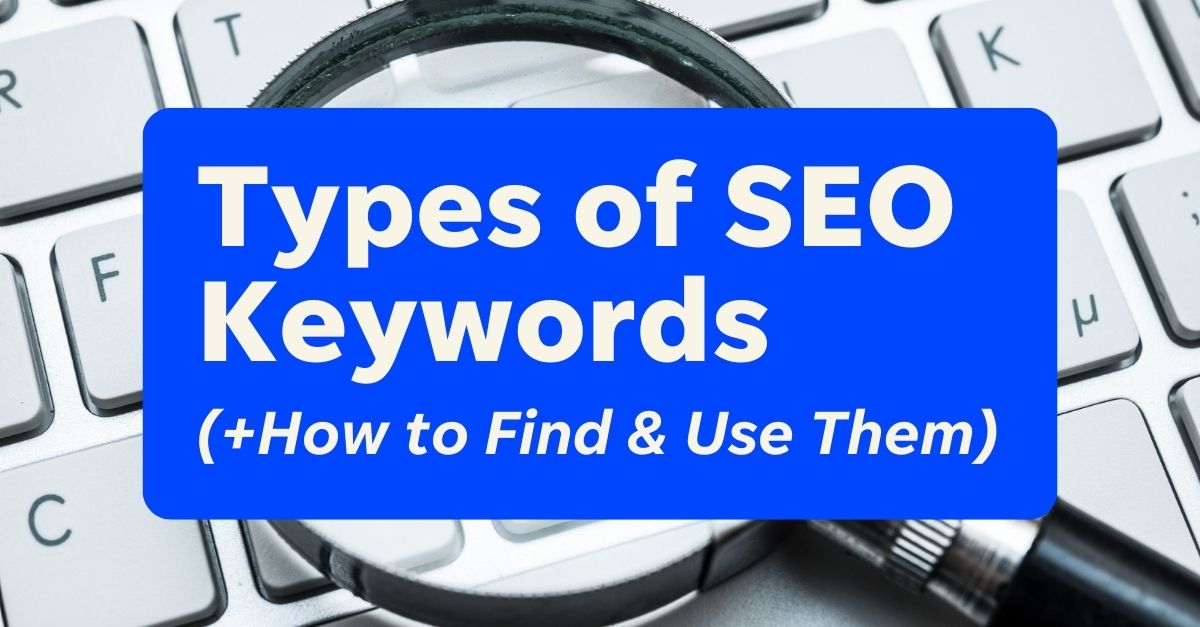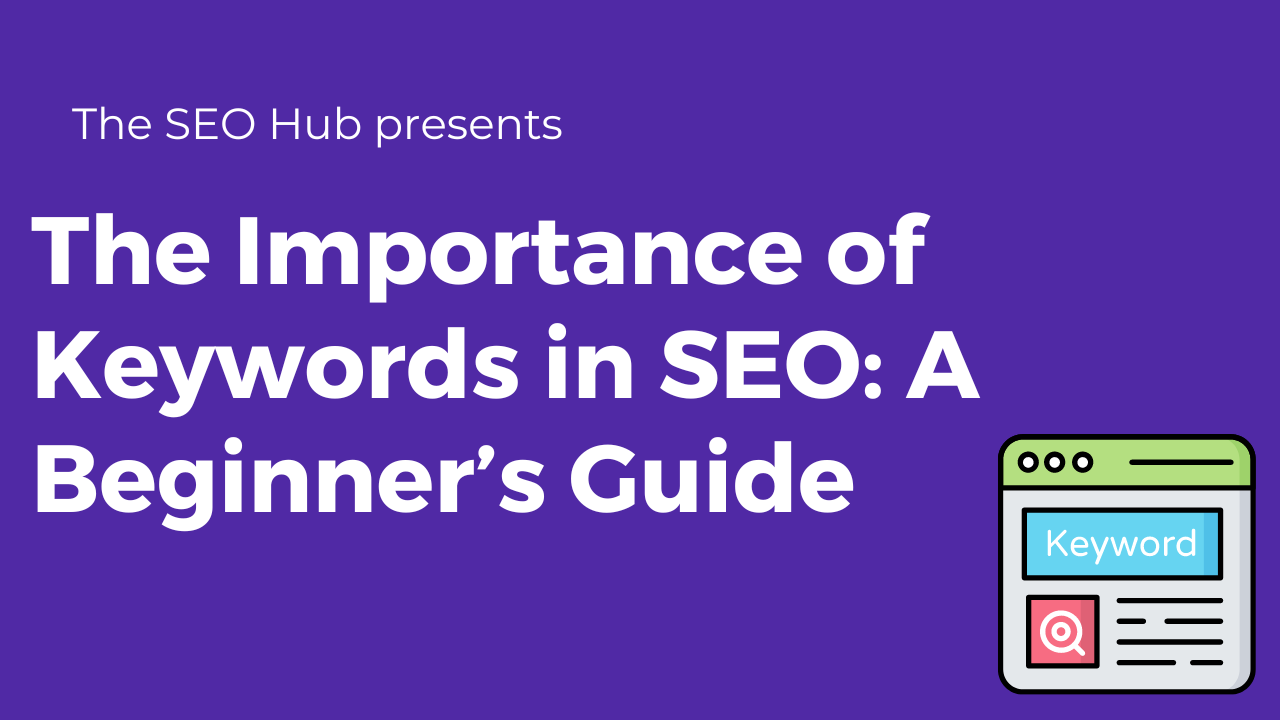What is a Keyword? A Keyword in a Broader Perspective
While the world was not yet acquainted with digital marketing buzzwords like “keyword, it was used in web content and other formal documents. It is an indispensable component of any activity that is conducted over the Internet. It does not concern what kind of information you are looking for, an article, a website, or anything imaginable; all there are keywords available to enrich the search query.
But what exactly is a keyword, and how do you use it these days? A keyword might have a more complicated answer, and the intention of this paper is to provide as well as in-depth analysis of what keywords are, categories of keywords, their applications, and their importance in various fields.
Keywording
In a nutshell, a keyword is a word that encapsulates the core idea of a phrase or text. This word or phrase is used to summarize a topic or a question. In addition, the use of keywords expands to a broad range that includes marketing. In this case, they can be regarded as the terms that a user types into a search engine, for instance, Google, Bing, or Yahoo, to find information. For instance, a user may want to search for the nearest best Italian restaurant; they will search for the words best Italian restaurants near me.
Keywords act as the bridge between a user and the information that the system has when the user is looking for a web page. Also, keywords tell search engines what the content of a web page includes and how probable it is that this page will include the information sought after by the user.
What Types of Keywords
The goals and specificity of keywords create various types.

1. Short Tail Keywords
Definition: These are very general words, such as shoes and travel tips, which fall into one or two broad categories as words.
Characteristics: Broad scope for searches that is self-evident but also very competitive. It creates a struggle to become more accurate and exact to target audiences using leading search engines.
Example: “Laptop,” “Fitness,” “Marketing.”
2. Long-Tail Keywords
Definition: Phrases such as “best running shoes for beginners,” which are longer and more elaborate phrases consisting of 3 or more words, fall under this category.
Characteristics: The volume searches in this category are low but are more defined and face low competition; hence these categories work well for… well, niche markets.
Example: How to bake a gluten-free cake, affordable summer vacation destinations.
3. Branded Keywords
Definition: Simply put, an example would be these kinds that include brand names or simple one-word name variations containing a company’s name.
Characteristics: Users that are searching for these types of branded ones are likely to already know the brand they are referring to.
Example: “Apple iPhone,” “Nike running shoes.”
4. Non-Branded Keywords
Definition: The opposite of branded, hence non-branded, are the generic terms that do not refer to a particular brand.
Characteristics: Users that are searching these have no idea of a particular brand and want to try other brands and want information overall on that subject.
Example: “smartphones under $500,” “best running gear.”
5. Transactional Keywords
Definition: The words that a user uses when they intend to perform an action like buying something.
Characteristics: These words include “buy,” “purchase,” and “sale.”.
Example: Purchase wireless earbuds; such offers contain discounts on laptops.
6. Informational Keywords
Definition: The words that a user uses when they are looking for some information or a solution to a problem.
Characteristics: Users often employ “how,” “what,” and “why.”.
Example: What’s SEO? And which fertilizers to use when planting succulents.
7. Navigational Keywords
Definition: The words that a user uses when he wants to search a particular website.
Characteristics: These are usually directed or even branded items.
Example: … Then Facebook will prompt the ‘Facebook login.’ I am updating my laptop so I can continue watching the ‘Amazon Prime’ series.
The Role of Keywords in Search Engine Optimization (SEO)
In SEO, target keywords are among the fundamental factors used to claw up the ranks on the search engine result pages (SERPs); here’s how they come in handy:

1. Content Creation
Keywords direct content creation in such a way that the writers know what is being sought by the audience. Stuff like articles, blogs, videos, etc. are created to have relevant keywords to match user intention.
2. On-Page SEO
The placement of keywords in titles, headings, meta descriptions, URLs, and body texts provides cues to search engines about the page. The use of such practice makes one’s site visible and relevant.
3. Keyword Research
Google Keyword Planner, Semrush, and Ahrefs are tools that assist marketers in discovering suitable and relevant keywords. The research attempts to know the search volume, competition, and user intent, thereby determining the most effective keywords.
4. Improving Visibility
Websites can increase their organic traffic by targeting the right keywords. The target to rank for a broad term that has search traffic can increase the visibility of a site greatly.
5. User Intent Alignment
Keywords also aid in locating the content with the various stages of the buyer’s journey: awareness, consideration, and decision-making. Early stages of the funnel employ the use of informational keywords, while the final stages, which are almost ready to purchase, employ the use of transactional keywords.
Keyword Density and Placement
As much as keywords are important, the ways and places keywords are used in the content also have a bearing on the proportion of the keyword densities:
Density: This is the number of times a keyword phrase occurs in relation to the total number of words in the document. The practice of using many keywords, also known as “keyword stuffing,” can earn site penalties from the search engines. Thus a more natural use of the keywords is recommended.
Placement: Placement of keywords in uppercase in the heading and subheadings and the first paragraph, where the first informative sentences are located, can enhance the performance of SEO.
Keyword Issues
Even though they are important, keywords are by no means without problems:
1. Extreme Competition
It has been demonstrated that most keywords have considerable competition, making it nearly impossible for new websites to enter the fray.
2. Always Changing
People’s behavior and the trends change, and so there is a need to frequently adjust the keyword strategy. Other new technologies such as voice recognition or AI will lead to a different set of queries.
3. Algorithms of Search Engines
Search engines are always updating their algorithms and are now more focused on the intent of the user and the quality of the content rather than merely matching the house number with multiple keywords.
4. Overusing Keywords
Too many keywords in this context could bring about an unpleasant experience, and thus the site will attract little traffic. So there is a need for moderation.
What Will Happen to the Keywords?
Moreover, as the use of technology advances, so does the general definition of a keyword. Algorithms pertaining to natural language understanding due to AI development are changing how search engines understand queries. A classic example would be voice search; this, in turn, suggests a move away from keywords to more conversational topics and questions.
Moreover, semantic search, which aims to go beyond any given keyword and look for enhanced understanding of the searcher and what they mean by their search, is continuously on the rise. This means content creators have to look for content that surpasses what we have grown up knowing to be on a particular keyword.
START
When it comes to online marketing and academic search, a particular use is served by keywords, which help locate a required substance on the internet, as well as target ads of certain corporations to specific populations. Therefore, adopting and using correct keywords is the key to getting noticed rather than disappearing in a myriad of data on the internet.
But, being able to use keywords is not the sole point of focus; equally critical is the need to look for relevant keywords. The intent of the user, trends, and algorithms are among a number of such variables. With the right tools and an analytical grasp of the niche of keywords, companies and individuals could benefit from the investment in online branding to the maximum.

Leave a Reply